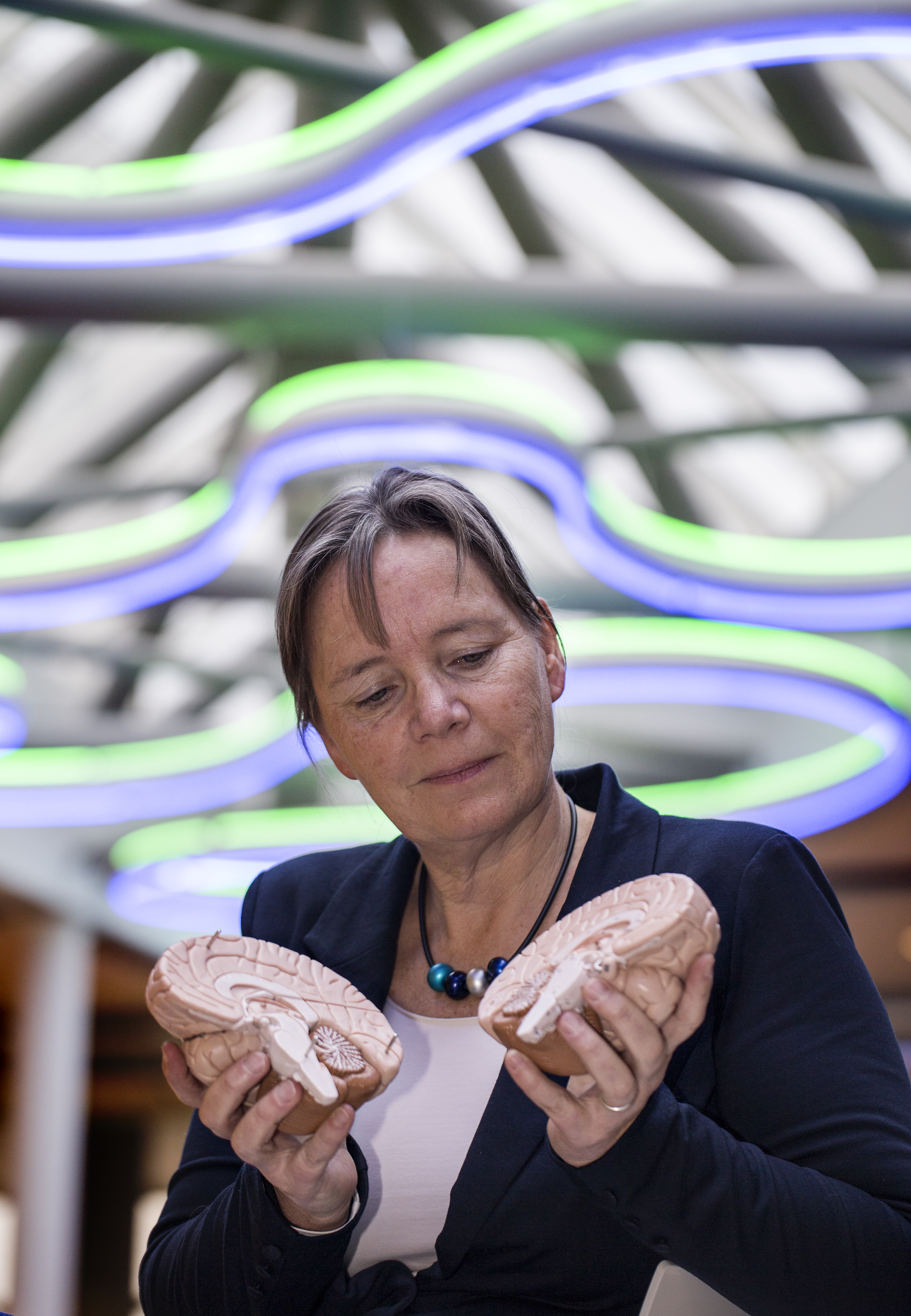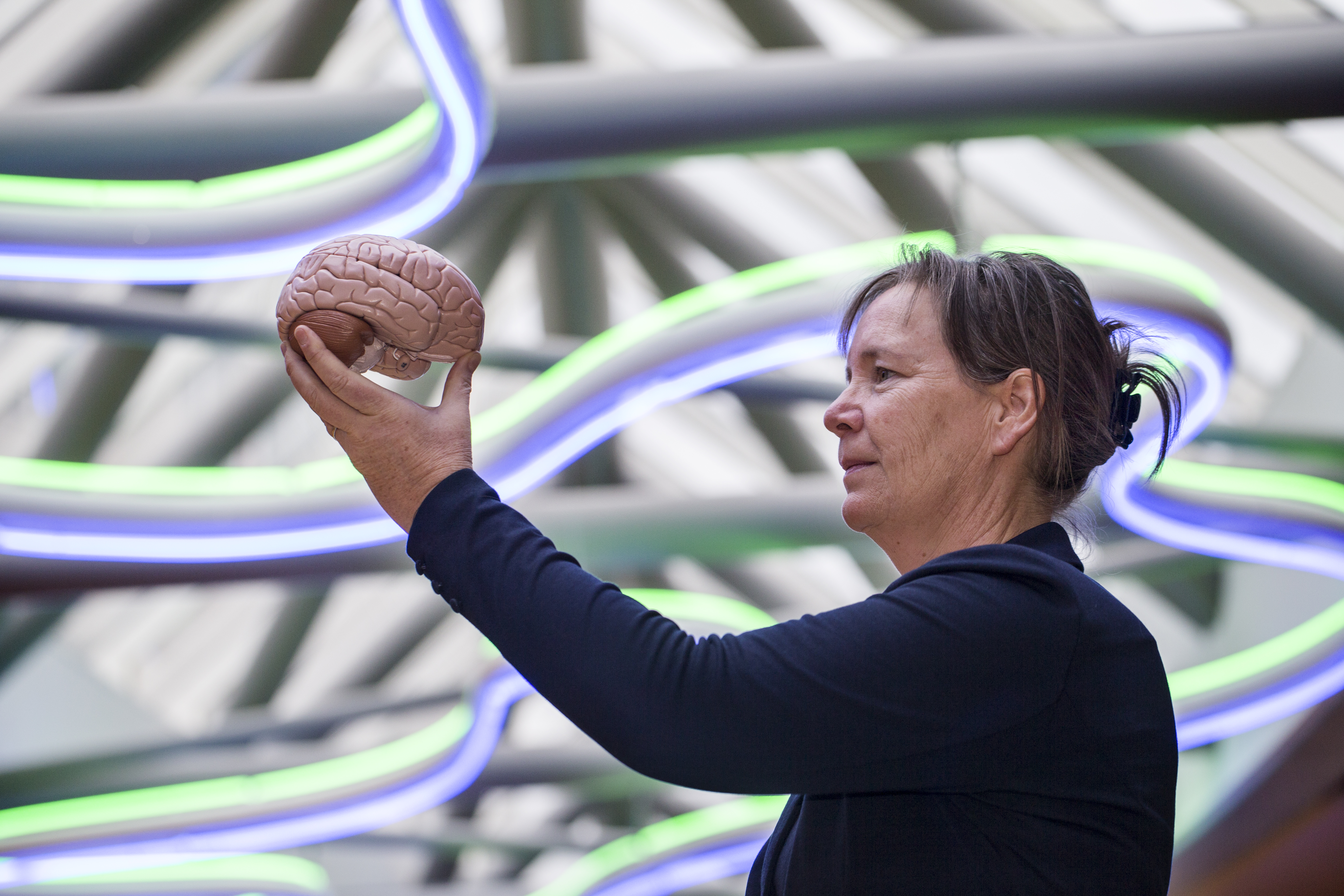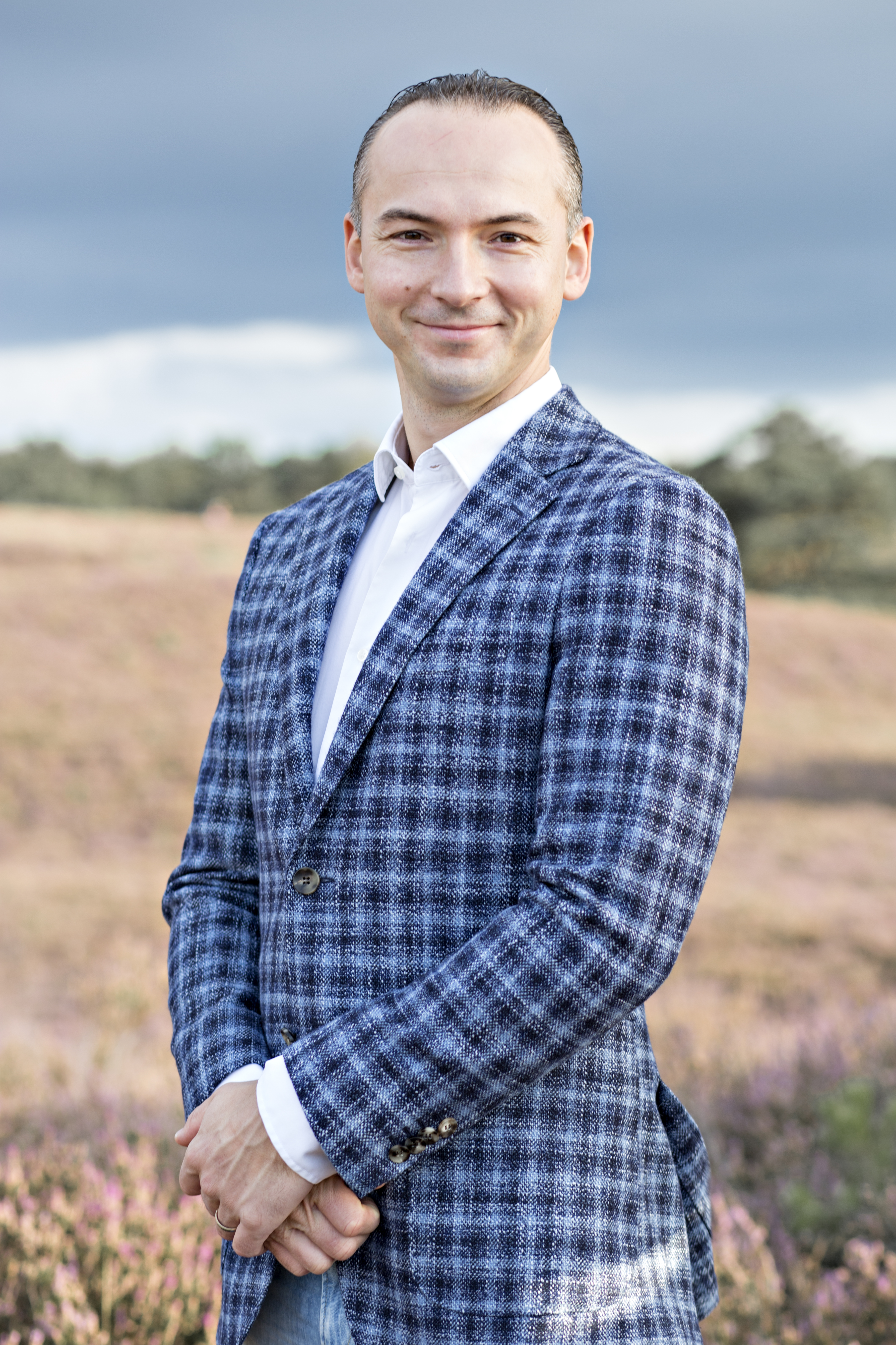“Care for people with acquired brain injury can and should be better”
“There’s no shortage of care available in the Netherlands for people with acquired brain injury, but in practice it doesn’t always reach the right patient at the right time”, says Professor Caroline van Heugten. “Especially patients who are affected less in a directly visible way and more at the level of cognitive, emotional and social functioning.” Van Heugten is one of the founders of the Limburg Brain Injury Center.
One in four Dutch people are confronted with brain injury in their immediate surroundings, caused by accidents, strokes, operations or disease. Yet many patients do not receive the care they need – or even get the wrong type of care or unnecessary care – because knowledge is not shared or the quality of care is inadequate. This situation prompted Caroline van Heugten and Rudolf Ponds to establish the Limburg Brain Injury Center, which celebrated its first anniversary on 1 December 2017. “We want to set an example for the rest of the Netherlands”, says Van Heugten.
Invisible consequences
“Acute medical care for patients with brain injury has improved dramatically in recent years. This means more people now survive traffic accidents and strokes. But because it’s impossible for a brain injury to have no repercussions at all, more and more people are having to live with lasting consequences. And learning how to do so is by no means obvious,” Van Heugten explains. After a mildly traumatic brain injury caused by a fall or an accident, an estimated 15% to 47% of people have not resumed all their daily activities after three months, and around 30% are still not back at work after a year. “The main obstacles to a successful return to society are the ‘invisible consequences’, such as memory and concentration problems, fatigue and depression. Patients with these symptoms need different types of care and support, but the collaboration between professionals is not always optimal and it’s not always clear what care is on offer. Even here in Limburg.”
Innovative care facilities
The center aims to improve the current fragmentation of care for patients with brain injury. In collaboration with all care providers in the province, its researchers are evaluating the existing range of care and developing innovative care facilities and products. Last year saw the launch of various initiatives, including an outpatient clinic for brain injuries at the Maastricht University Medical Centre+, where patients and families received psychosocial care for the less visible consequences of brain injury. “The clinic has since treated its first 50 patients. Most had suffered a stroke or had a fall or an accident, but their main symptoms were not physical complaints or motor problems. Patients are referred from hospital departments, including neurology and rehabilitation, but also from general practitioners and the outpatient clinic for CVA [cerebrovascular accidents]. Our goal is for every Limburg hospital to have a clinic like this.’’
Another initiative involves the development, in every region surrounding the Limburg hospitals, of a facility where the care required for patients with brain injury can be identified, where appropriate information is given and where referrals are underpinned by a sound knowledge of the available care in the region. “This means having a clear picture of referral flows so that as few patients as possible fall through the cracks.” The center has also developed a tool GPs can use to recognise the lasting consequences of brain injury more quickly and easily.
Research and education
Beyond care innovation, the center is involved with research and education, and further aims to disseminate the existing knowledge among people with brain injury, their families and the general public. An important spearhead to this end is research on sleep and fatigue after brain injury. During the annual International Brain Awareness Week, researchers also held information sessions at high schools around Maastricht. The center’s ambassador is Professor Erik Scherder, a neuropsychologist known for his appearances on the talk show De Wereld Draait Door.
New therapy
In mid-2017 the center received a €260,000 grant to work on a new therapy for people whose brain injury has left them depressed or anxious. “Medication has only a minor, short-term effect on these sorts of emotional consequences, and can also have undesirable side effects,” Van Heugten explains. “Cognitive behavioural therapy often has better results for emotional problems among the general population, but next to no effect on people who’ve survived a brain injury. We expect this has to do with the approach chosen in such therapies. So we’re going to study a new form of psychological treatment focusing on acceptance: Acceptance and Commitment Therapy, or ACT. The idea is that we give the person tools to learn how to deal with the often lasting consequences of brain injury. That way they can lead their new life without constantly fighting against what they’ve lost.”


Caroline van Heugten (1965) is professor of Clinical Neuropsychology at Maastricht University (FHML and FPN). She is also the director and a senior researcher at the Limburg Brain Injury Center. She specialises in research on the neuropsychological consequences of brain injury and factors influencing the success of treatment. The center is an initiative of the FPN and MUMC (FHML and MUMC+) in collaboration with regional patient organisations, the five Limburg hospitals (Sittard, Heerlen, Roermond, Weert and Venlo) and other brain injury care providers.
Also read
-
The number of young adults in South Limburg continues to decline. The resulting labour shortages could lead to companies abandoning the region. UM’s international student population can offer a lifeline.
-
Researchers from across the world have mapped the genetic relationships of the majority of flowering plant genera. Maastricht University helped with this massive effort, which completes the evolutionary tree of life of plants like never before. The famous scientific journal Nature published their...
-
An international research consortium, including NUTRIM researcher Zlatan Mujagic and other researchers from Maastricht, has investigated the effects of stress on the gut. At last, this research has unraveled how stress leads to worsening inflammatory bowel diseases. This knowledge opens doors for...


